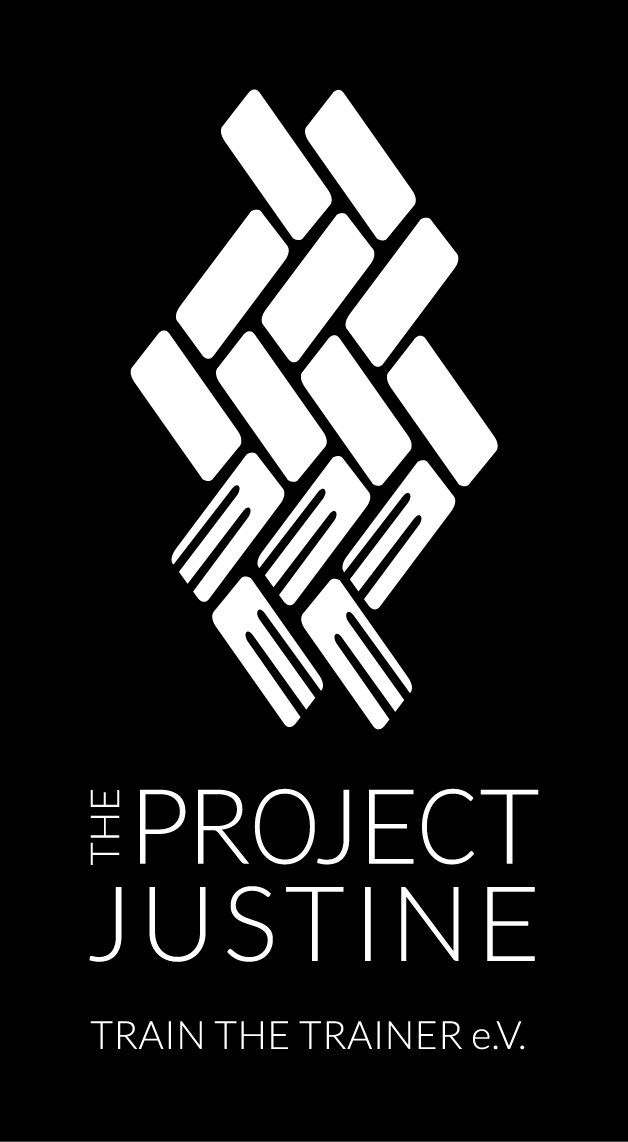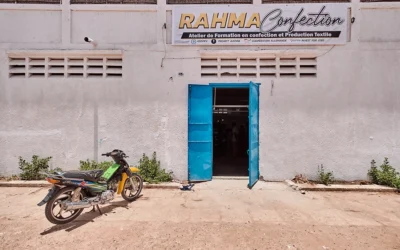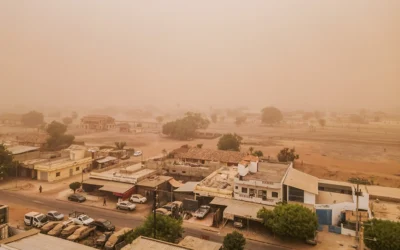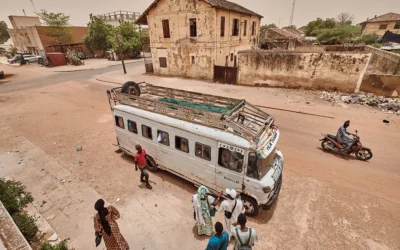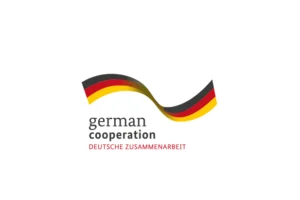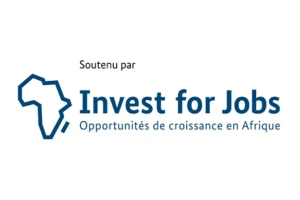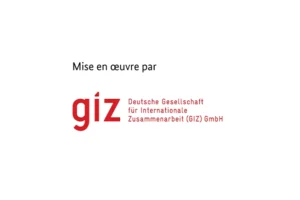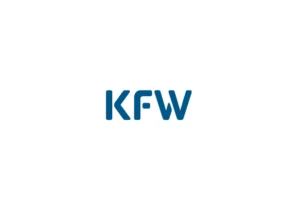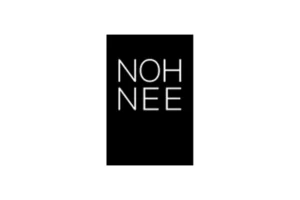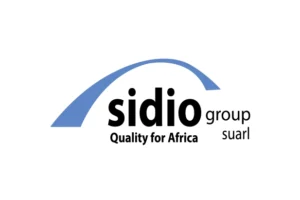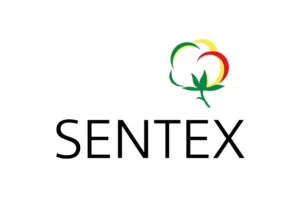Train the trainer for setting up a production facility
The former textile nation is undergoing a transformation. Senegal no longer just wants to grow and export high-quality cotton, but also wants to process the fibres back into finished garments itself. By setting up a production facility and training tailors, we are helping the country and its people to make the leap into a value-adding textile future.
Train the trainer for setting up a production facility
The former textile nation is undergoing a transformation. Senegal no longer just wants to grow and export high-quality cotton, but also wants to process the fibres back into finished garments itself. By setting up a production facility and training tailors, we are helping the country and its people to make the leap into a value-adding textile future.
presidential republic
Form of government
196.722 km²
17.2 million
religions
90 % Muslims, 5-7 % Christians,
3 % traditional religions
78,14 %
Youth literacy rate
(2022)
+ 2,6 %
Population growth rate
(2021)
Country profile
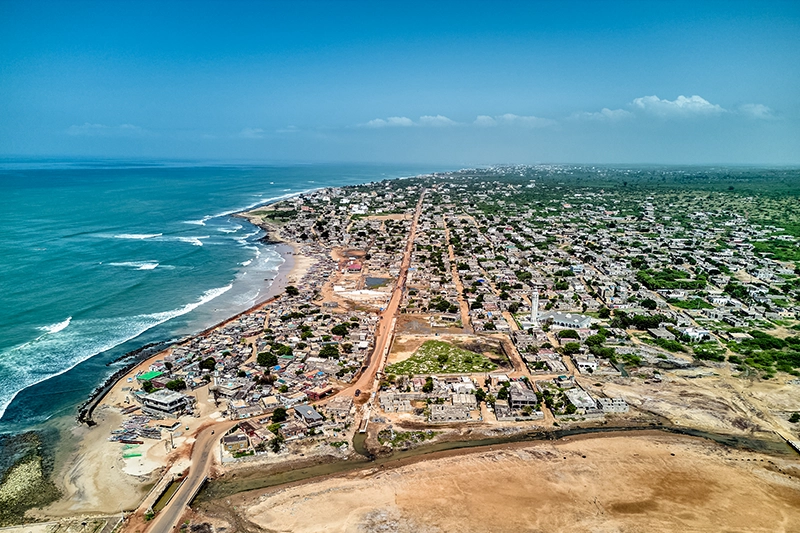
GEOGRAPHICAL LOCATION
Senegal is located directly on the Atlantic Ocean, surrounded by the five neighbouring countries of Mauritania, Mali, Guinea, Guinea-Bissau and Gambia. The country is about half the size of Germany, and a good half of its inhabitants live in cities. Above all in and around Dakar, Thiès Nones, Touba, Kaolack and Diourbel.

ECONOMY
Senegal is considered one of the most stable countries in Africa, both economically and politically, and has been one of the reform partners of the German Federal Ministry for Economic Cooperation and Development (BMZ) since November 2019. Its self-declared goal: to become an emerging economy in the coming years.
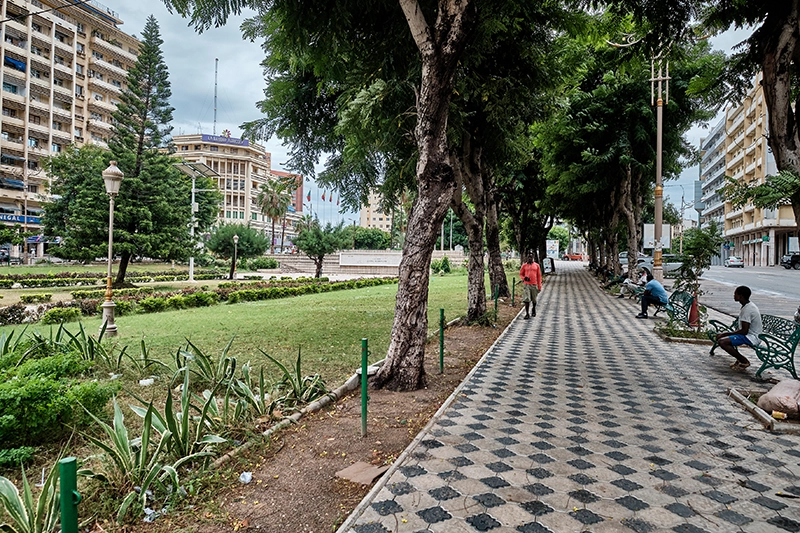
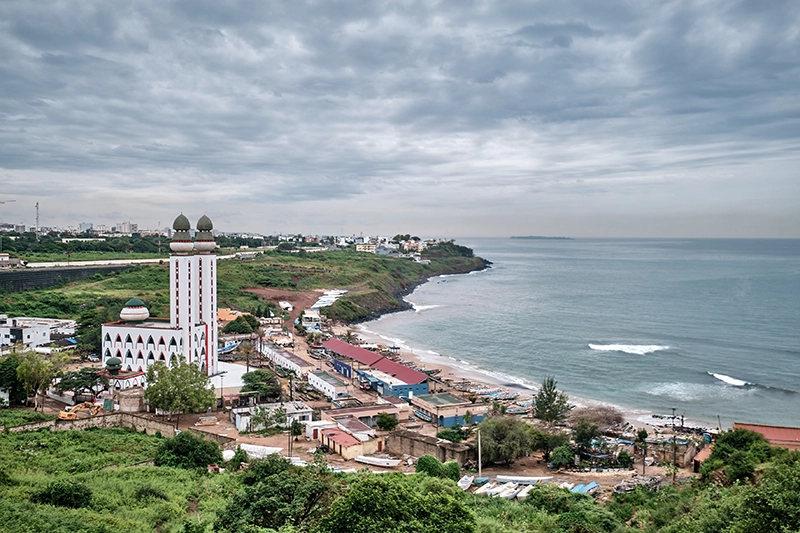
RELIGION AND LANGUAGE
There are no major tensions between the 20 or so ethnic groups living together and most Senegalese belong to the Muslim faith. At least 80 per cent of the population speak or understand Wolof, which is the everyday language par excellence. Nevertheless, the official language is French.

TEXTILE AND TEXTILE INDUSTRY
Both national and international brands are focussing on the country as a potential production location. This is because Senegal not only has a well-structured cotton sector, but also a solid machine park with European spinning, weaving and knitting machines from the 1980s. In addition, investments are being made in companies for Tracabality software, which can already track the most important production steps.
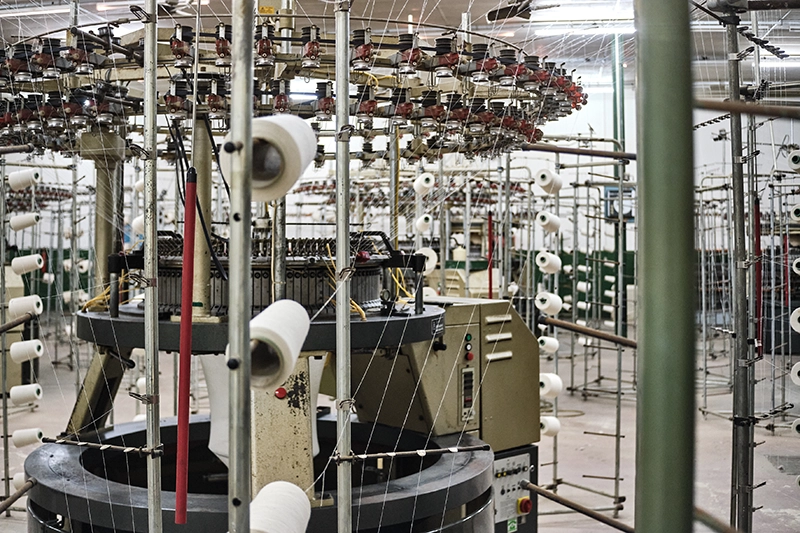
Construction of a production facility with long-term jobs in Diourbel
Around 150 kilometres from Senegal’s capital Dakar, we are working with Invest for Jobs, a brand of the Deutsche Gesellschaft für Internationale Zusammenarbeit (GIZ), and our two local partners, Karima Mbacké and Sidy Diop, to set up a textile production facility. Our goal: to train and educate tailors according to a proven curriculum so that they can produce garments and home textiles for the regional, national and international market on a permanent basis. Our trainers from Benin support the trainers and trainees on site. The best side effect: contacts and friendships are formed across national borders, knowledge and expertise begin to flow.
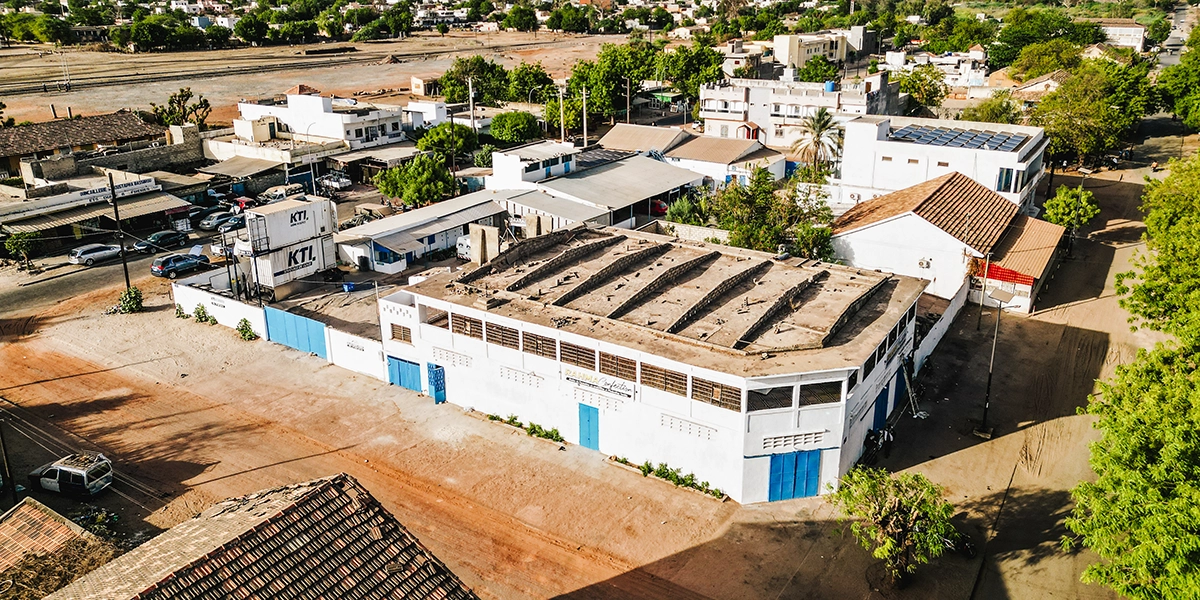
Around 150 kilometres from Senegal’s capital Dakar, we are working with Invest for Jobs, a brand of the Deutsche Gesellschaft für Internationale Zusammenarbeit (GIZ), and our two local partners, Karima Mbacké and Sidy Diop, to set up a textile production facility. Our goal: to train and educate tailors according to a proven curriculum so that they can produce garments and home textiles for the regional, national and international market on a permanent basis. Our trainers from Benin support the trainers and trainees on site. The best side effect: contacts and friendships are formed across national borders, knowledge and expertise begin to flow.
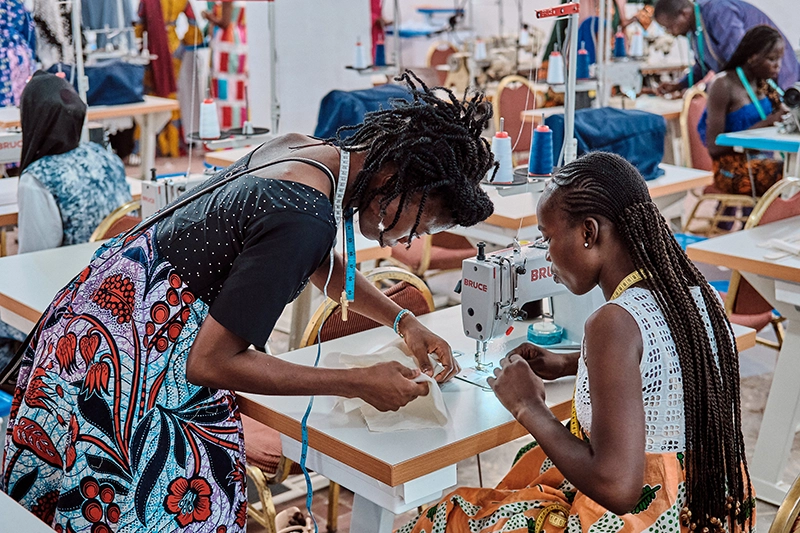
There are many certified tailors in Senegal, but there is no standardised training – everyone is their own master. Here, people learn the craft from the ground up so that they can produce different garments to a high standard.
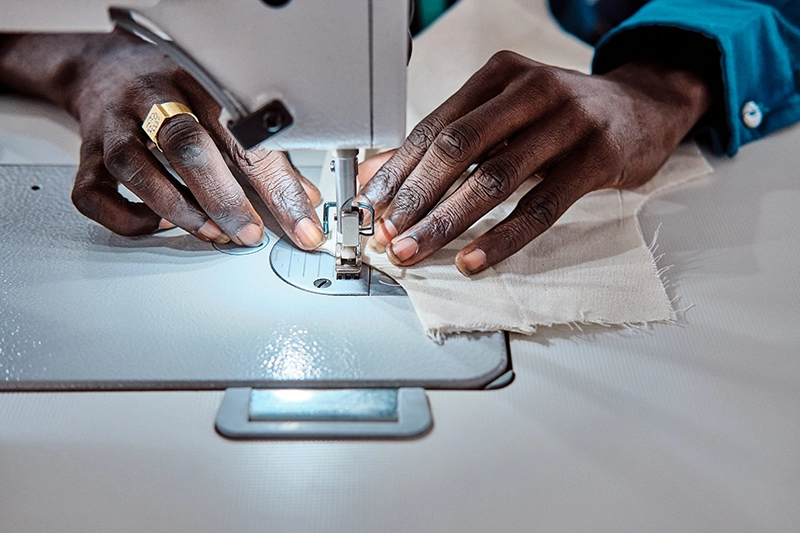
Clothing made in Africa is also an attempt to stem the tide of low-quality clothing from Asia and used clothing from Europe. We know from conversations: The demand for locally produced items is increasing, especially among young people.
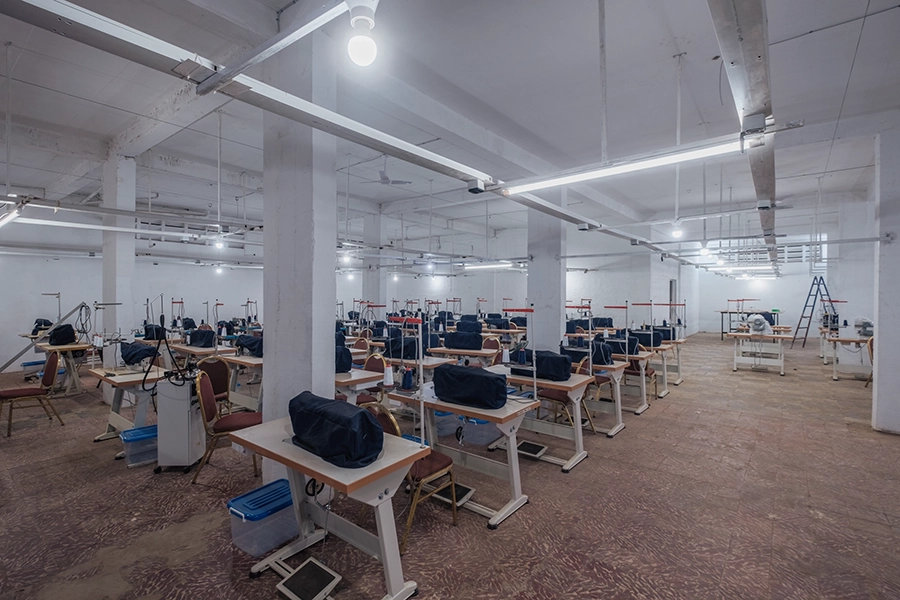
West Africa is also an interesting production location for European textile manufacturers and fashion labels. The industry has been experiencing major upheavals along the supply chains, and not just since the coronavirus pandemic, and is ready to enter into new, more stable models of cooperation.
more impressions
Our local contacts: Karima Mbacké & SIDY DIOP
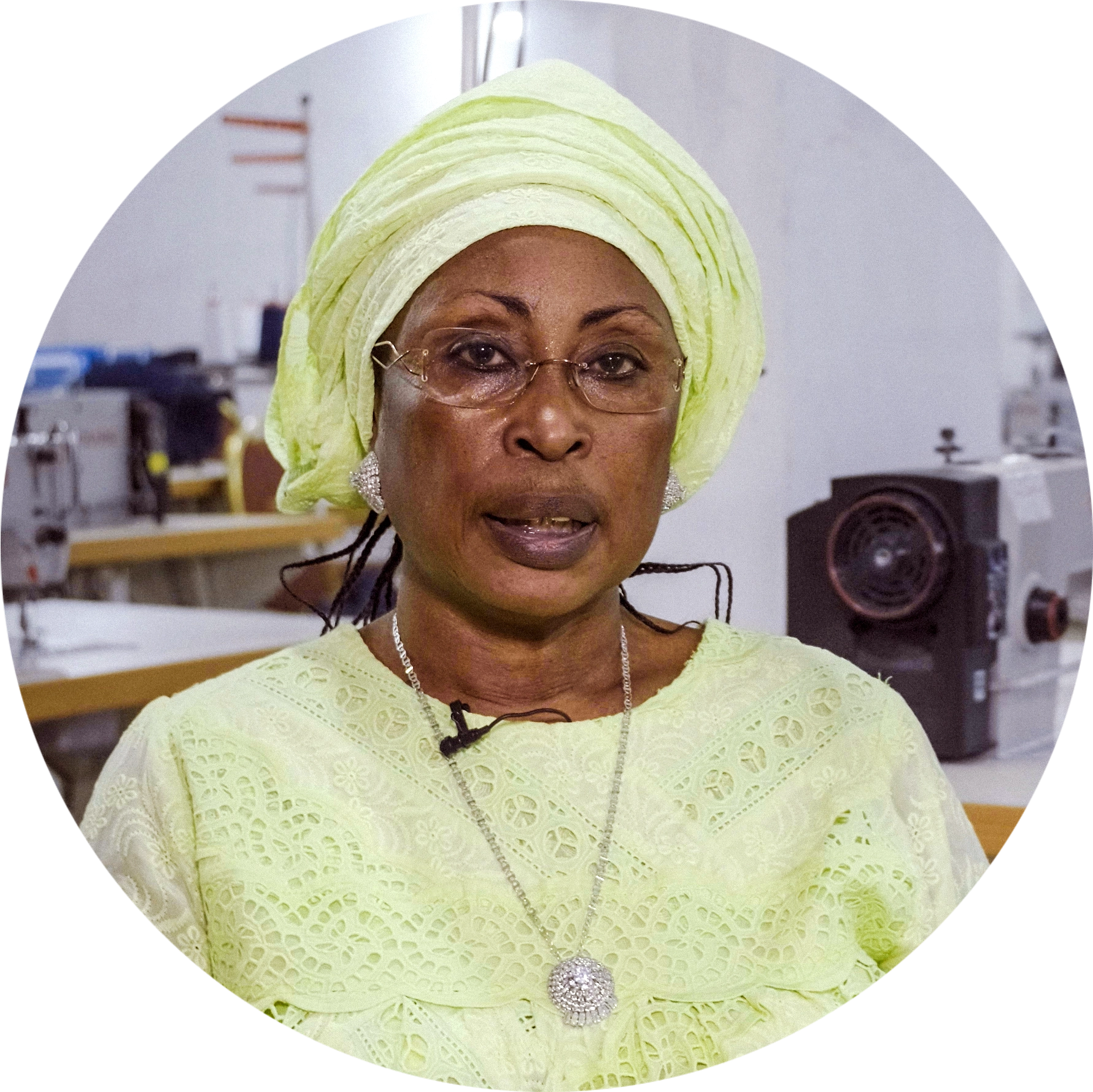
With Karima Mbacké, founder of ASISPEV (asispev.com), and Sidy Diop, founder of SIDIO GROUP (sidio-group.com), we have two professionals at our side. Both have been committed to sustainability in their country for years, have excellent networks and are in contact with investors at home and abroad.
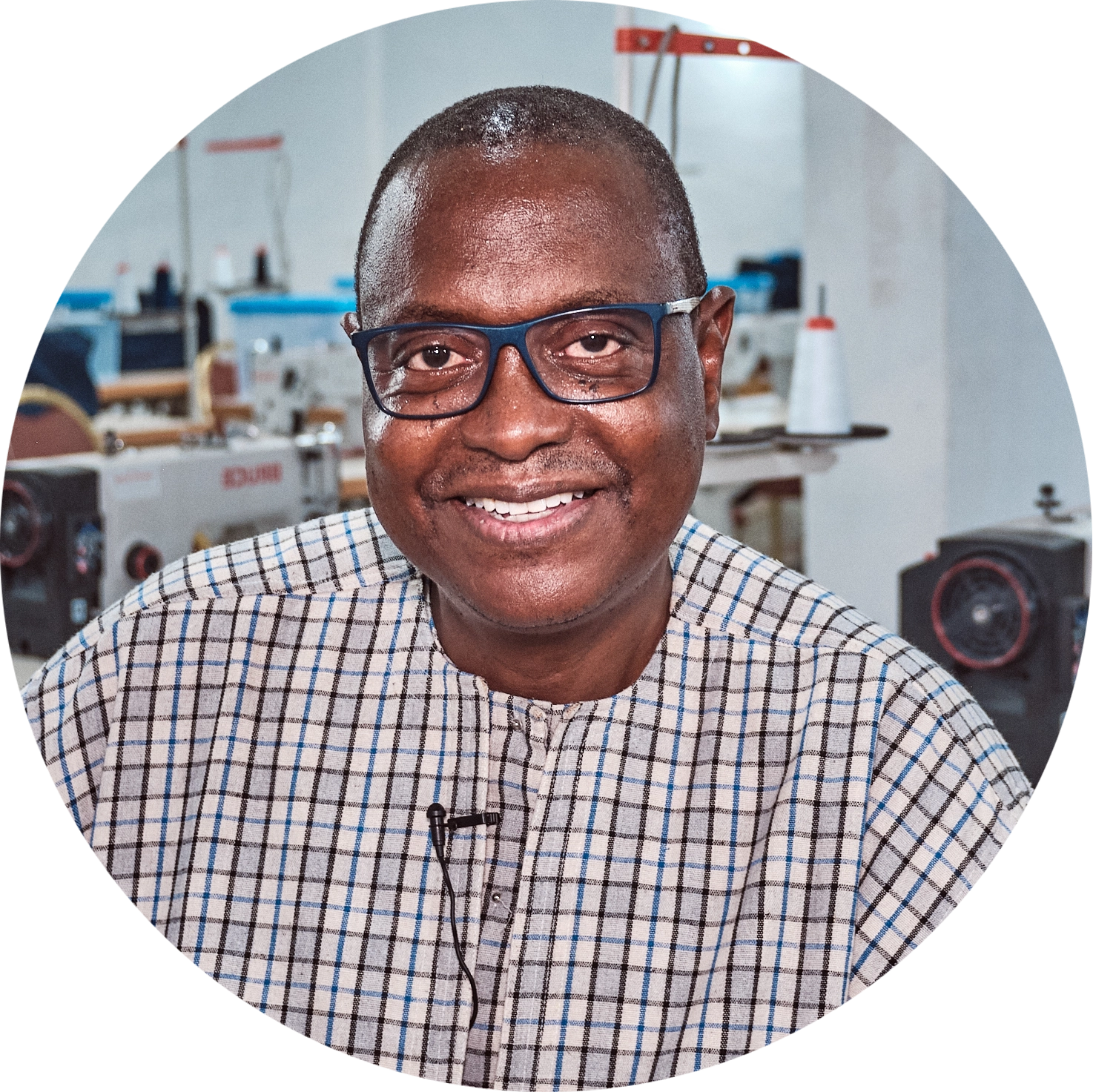
News & Stories
New base in white and blue
With the support of our two partner NGOs ASISPEV(asispev.com) and SIDIO GROUP(sidio-group.com), we found an old warehouse in Diourbel. It is perfect for our plan to set up our own production facility for textiles in close cooperation with the Deutsche Gesellschaft für...
A good omen
The day after the opening ceremony, the sky turned orange. Desert sand from the Sahara lay like a filter in front of the sun for two days. A natural spectacle - and an additional challenge at over 40 degrees in the shade. We take it as a good omen, Sahara dust is...
Bus ahoy
Every morning, a bus collects our tailors and dressmakers at several collection points and brings them back there at 4 pm. We have opted for transport for two reasons: Most of the women and men cannot afford the cost of travelling there and back in the long term - and...
THE PROJECT JUSTINE – train the trainer e.V.
Behind the organisation are Rahmée Wetterich and Marie Darouiche, founders of the Munich fashion label NOH NEE. With the success of their internationally renowned Dirndl à l’ Africaine, the question of a suitable production location quickly arose: In which country, on which continent do we want to have our clothes made in future? Under fair conditions and characterised by mutual interest, appreciation and respect. The search for a coherent answer led the founders to Benin in 2017 – even if production was initially out of the question. Not because there was a lack of tailors and dressmakers, but because there was no common understanding of how to sew trousers, a shirt or even a dirndl.
Today, THE PROJECT JUSTINE – train the trainer runs its own training and vocational centre in the north of Benin, where young women and men learn the tailoring trade from scratch and grow up to become trainers. The commitment is bearing fruit. The first students have been trained, are passing on their knowledge to the next generation and are being asked for their expertise by neighbouring countries. With the growing interest in West Africa as a production location for textiles, the need is evident everywhere: there is a lack of tailors who can process fabrics to a consistently high standard, as well as a lack of trainers who can train and instruct. The first co-operations and partnerships are emerging across national borders.
We are grateful for the journey that lies behind us. And we look forward to the next steps. Africa is on the move. We are moving with it.
Milestones
Team & Supporters
Our partners
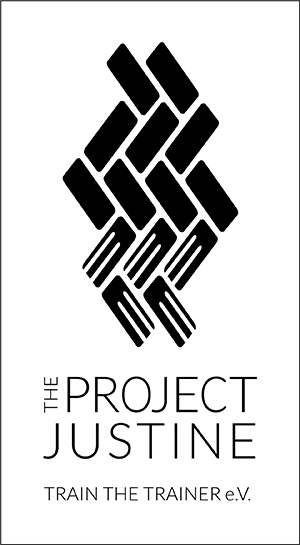
THE PROJECT JUSTINE
- train the trainer e.V.
Agricolaplatz 7
80687 Munich
THE PROJECT JUSTINE - train the trainer e.V.
IBAN DE71 4306 0967 8237 2376 00
BIC GENODEM1GLS
© THE PROJECT JUSTINE – train the trainer e.V.
